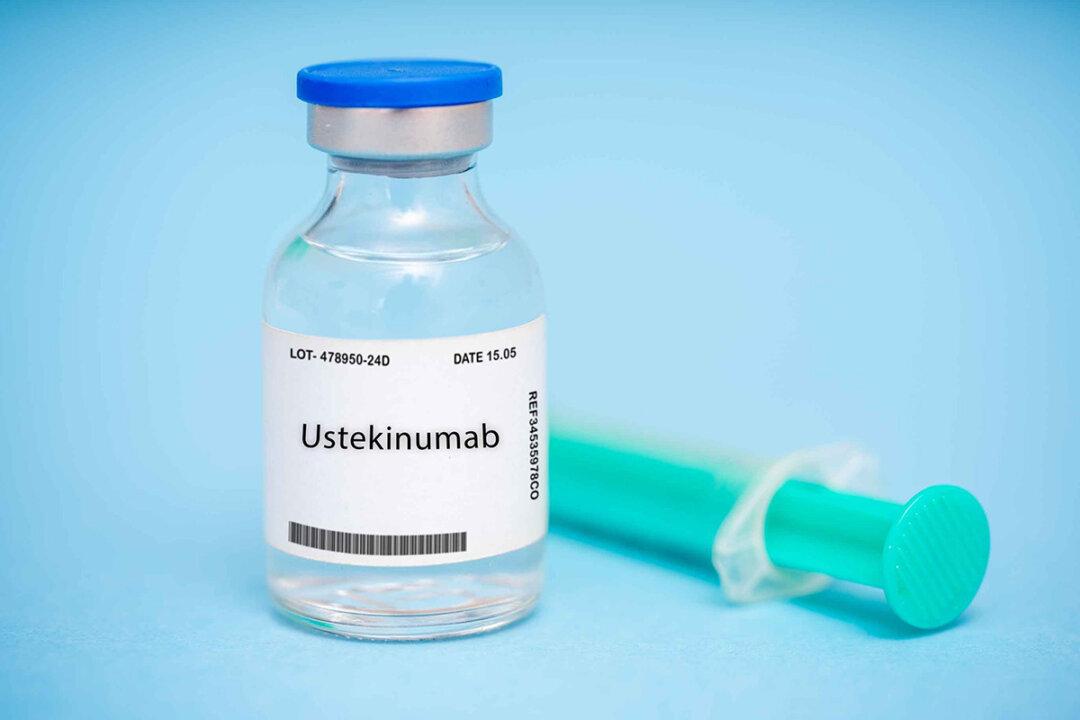Two new treatments are proving to be the most effective treatment in decades for some people with bladder cancer, according to groundbreaking trial results in two separate studies.
Researchers found that in both trials, patients who received a combination of immunotherapy drugs lived longer than those who received standard chemotherapy treatment, marking a never-before-seen improvement in treatment for advanced bladder cancer.
New Standard of Care
One promising treatment combines enfortumab vedotin (Padcev) and the immunotherapy drug pembrolizumab (Keytruda). Researchers found the combination, known as an antibody-drug conjugate, proved especially potent in reducing cancer and extending the lives of cancer patients. In a trial called EV-302, patients received either the antibody-drug conjugate or standard chemotherapy. The study compared how an antibody-drug conjugate works to drugs usually used to treat advanced bladder cancer.Nearly 900 participants with advanced bladder cancer were randomly assigned to receive either the antibody-drug conjugate or chemotherapy as an initial treatment. People in the chemotherapy group received six infusions of chemotherapy at most. About one-third of those patients received avelumab as well, though that was not a requirement of the trial.
Incredibly, tumors shrank or stopped growing in about 67 percent of participants treated with the antibody-drug conjugate compared with 44 percent of those who received only chemotherapy.
In addition, researchers witnessed a “complete response,” in which the cancer disappeared entirely in almost 30 percent of the patients taking the antibody-drug conjugate compared to 12 percent receiving chemotherapy. Dr. Thomas Powles of the Barts Cancer Institute Queen Mary University of London, the lead investigator on the EV-302 study, noted that having so many patients experience a complete response is “not something we’ve seen before.”
“It’s a big day for us in bladder cancer,” Dr. Powles said as he began his presentation of the trial’s results at the European Society for Medical Oncology (ESMO) annual meeting in Madrid on Oct. 22.
Dr. Powles and his team followed the trial participants for about 18 months. They found the individuals treated with the antibody-drug conjugate lived nearly twice as long as those in the chemotherapy group: an average of 31 months versus 16 months. He noted patient survival had never increased prior to the EV-302 trial.
“This is the first time we’ve achieved that goal,” he said at ESMO.
Bladder Cancer Treatment Options Have Been Limited
While new advancements have been made in pharmaceuticals, bringing new immunotherapies and targeted drugs for cancer in the last decade, the National Cancer Institute notes that the standard initial treatment for people diagnosed with advanced bladder cancer has remained unchanged. While platinum drugs like cisplatin are the initial treatment, most patients get worse rather than better.Bladder cancer is the fourth most common cancer in men and occurs mainly in older people. About one-third of bladder cancers have spread into deeper layers of the bladder wall but remain only in the bladder, according to the American Cancer Society. The society reports that cancer spreads to distant parts of the body in about 5 percent of cases.
The antibody-drug conjugate enfortumab-pembrolizumab will be the new standard of care for those with advanced bladder cancer, said Dr. Apolo.
But, like all new drugs, it comes with questions.
Dr. Apolo wonders how much it will cost and what will happen when a patient stops responding to treatment.







